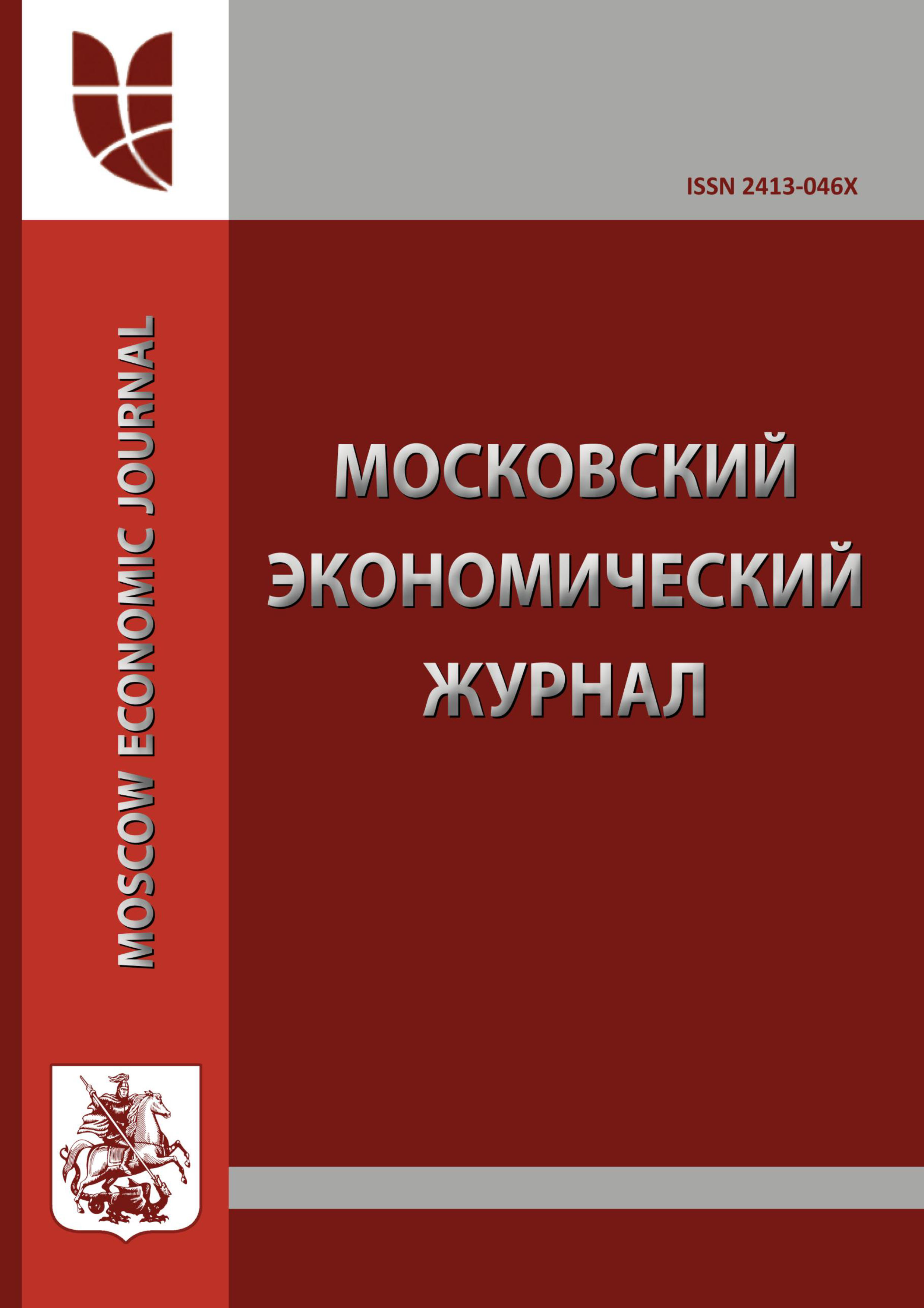In recent years development of vegetable farming has been accompanied by a number of factors, having a diverse impact on the industry. The key role is played by the counter measures introduced since the latter half of 2014 and aimed against the sanctions of the western countries together with a dramatic decline in the rouble exchange rate, as well as with sharp deterioration in the bank credits’ availability. Inspite of the problems, met by manufacturers in the fragile macroeconomic environment, it has become possible to accelerate the phase-out of imports resulting from the current embargo which has given rise to a quick vegetable production ramp up and allowed for the substitution of the lost imports for domestic products to the full extent of the opportunity this process offers. However, it must be considered that these imports that were lost as a result of the imposed embargo shall be substituted for the fruits and vegetables received from the countries, not included into the food import ban list. The forecast estimation shows that under the growth of domestic vegetable production, there will appear a trend to the increased share of inland products in the home market in the long view. A fall in the rouble against the world’s primary currencies brings new opportunities for the competitive growth of the Russian products in both domestic and foreign markets. Nevertheless, vegetables are not considered as the main exported food products, compared to wheat, sunflower seeds, agricultural oils, fish, etc. Recently observed domestic economic volatility amid the current internal problems in vegetable farming has a negative impact on its investment opportunities. Vegetable production development as well as a stable supply of people with the sufficient amount of healthy vegetables require for an up-to-date procedure of vegetable production and marketing from the organizational and economic perspectives. Creation and development of the sales systems in the food market helps producers to promote their influence on the amount of goods distributed; to enhance the role of the government as a wholesale integrator and controller of the food market; to attract big investors; to ensure the supply of high-quality products to the customers within the fixed time limits. This problem can be solved efficiently in case of a rational combination of sales channels for the agricultural goods producers taking into account optimized resource usage under the current conditions and using the mathematical modeling in economics.
development of vegetable farming, phase-out of imports, investment opportunities of vegetable farming, vegetable production and sales plan, optimality criterion, mathematical modeling in economics for the efficient sales and production of vegetables
1. Laz'ko O.V. Regulirovanie sprosa i predlozheniya na agroprodovol'stvennom rynke [Tekst] // Social'no-ekonomicheskoe razvitie regiona: opyt, problemy, innovacii: sb. nauch. tr. Smolensk: Ostrov svobody, 2015. S. 114-118.
2. Semchenkova S.V., Zaryankina O.M. Investicionnaya regional'naya programma v kontekste ustoychivogo razvitiya territoriy [Tekst] / S.V. Semchenkova // Social'no-ekonomicheskoe razvitie regiona: opyt, problemy, innovacii: sb. nauch. tr. Smolensk: Ostrov svobody 2015. S. 220-228.
3. Zaryankina O.M. Osobennosti innovacionnogo podhoda v razvitii Smolenskogo regiona [Tekst] // Innovacii i investicii. 2013. № 8. S. 264-265.
4. Semchenkova S.V. Sel'skaya ekonomika: problemy razvitiya i organizacionno-ekonomicheskiy mehanizm ih resheniya [Tekst] / S.V. Semchenkova // Tvorcheskoe nasledie A.S. Posnikova i sovremennost': sb. nauch. tr./ FGBOU VPO SmolGU. Smolensk, 2015. № 9. S. 141-148.
5. Chulkova G.V., Lakeev S.V. Primenenie AVS-analiza pri ocenke kanalov realizacii sel'skohozyaystvennoy produkcii [Elektronnyy resurs] // Nauchnye issledovaniya i razrabotki 2016: sb. nauch. tr. M.: Olimp, 2016. S. 1192-1195.
6. Belokopytov A.V. Ekonometricheskie issledovaniya v APK [Tekst]: ucheb. posobie. Smolensk, 2009. 71 s. ISVN 978-5-94223-429-4
7. Laz'ko O.V. Nauchno-tehnicheskiy progress kak faktor povysheniya effektivnosti sel'skogo hozyaystva [Tekst]: dis. kand. ekon. nauk.: 08.00.05: zaschischena 27.02.2007 / O.V. Laz'ko. Moskva, 2007. 182 s.
8. Lazko V.O. Regulation of the supply and demand for agro-food market [Text] // Socio-economic development of the region: experience, problems, innovations: collection of research papers. Smolensk, 2015. p. 114-118.
9. Semchenkova S.V., Zaryankina O.M. Regional Investment program in the context of sustainable development of Territories [Text] // Socio-economic development of the region: experience, problems, innovations: collection of research papers Smolensk: 2015. p. 220-228.
10. Zaryankina O.M. Features the innovative approach in the development of the Smolensk region [Text] // Innovations and investments. 2013. № 8. p. 264-265.
11. Semchenkova S.V. The rural economy: problems of development and of organizational-economic mechanism of their solution [Text] // Creative heritage of A.S. Posnikov and modernity: collection of scientific works Smolensk, 2015. № 9. p. 141-148.
12. Chulkova G.V., Lakeev S.V. Usage of AVS-Analysis While Evaluating the Sales Channels for Agricultural Products [Text] // Research and Development Projects 2016: collection of research papers M.: Olymp, 2016. p. 1192-1195.
13. Belokopytov A.V. Econometric research in agriculture [Text]: textbook allowance. Smolensk, 2009. 71 p. ISVN 978-5-94223-429-4
14. Lazko O.V. Scientific and Technological Advance as the Way to Improve Agricultural Efficiency [Text]: extended abstract of thesis by Ph.D. in Economics: 08.00.05: protected / O.V. Lazko. Moscow, 2007. 182 p.











